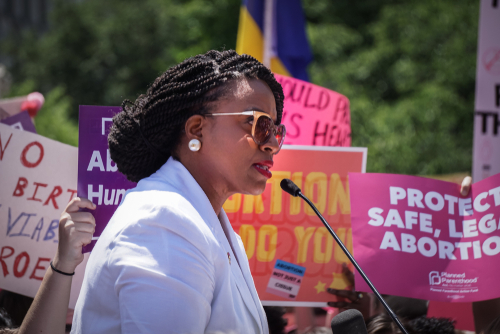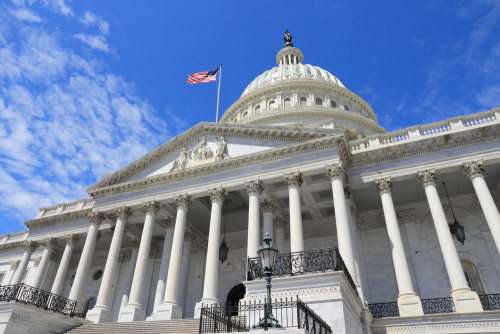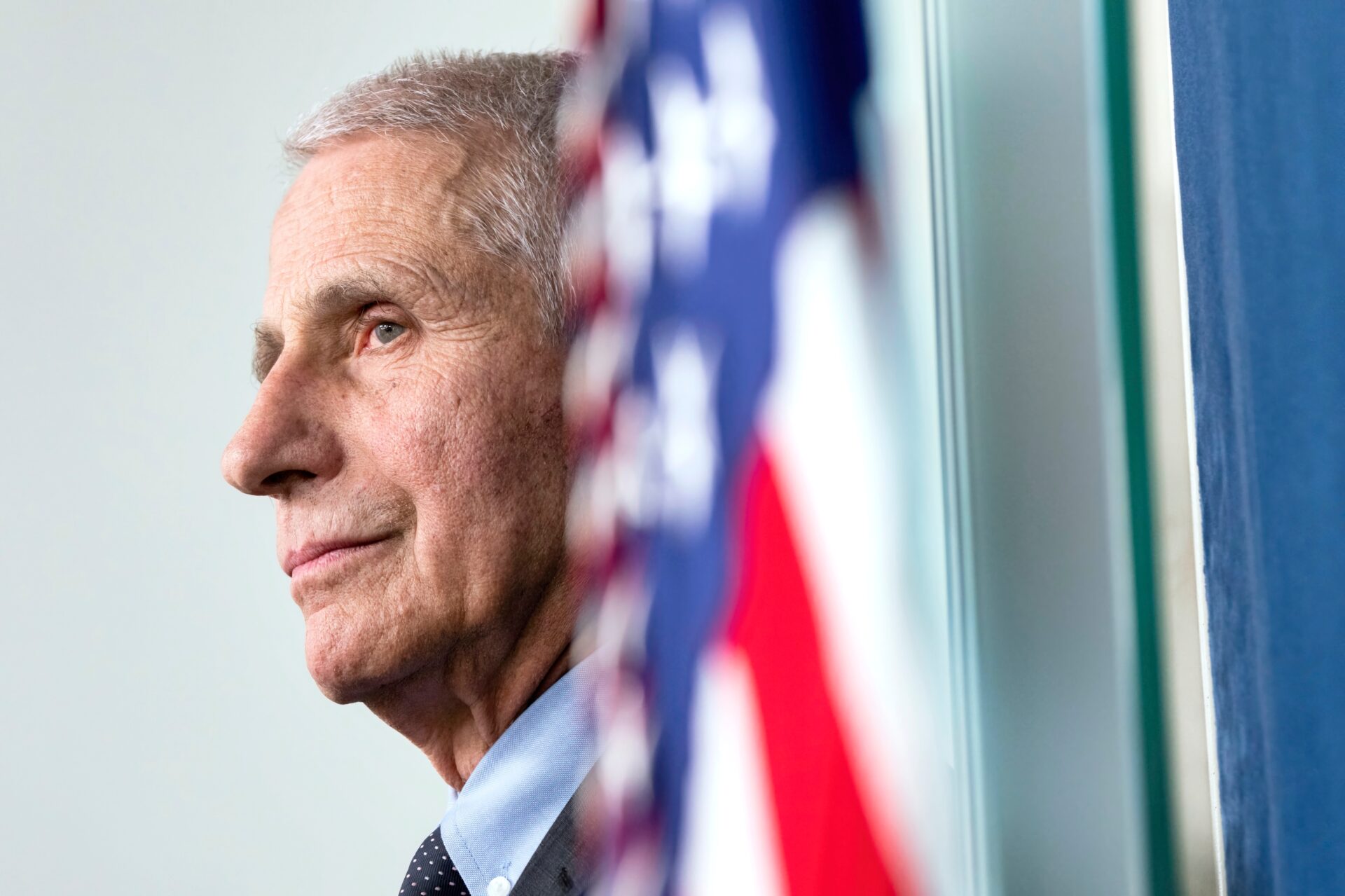The House of Representatives voted unanimously on Friday to bolster security for presidential candidates, just days after a second assassination attempt on former President Donald Trump.
In a decisive 405-0 vote, the House passed a bill aimed at standardizing security measures for presidents, vice presidents, and major presidential and vice-presidential candidates. This vote follows the arrest of a man found with an AK-47 near Trump’s golf course, just a few hundred yards away from where the former president was playing.
“We as a federal government have a responsibility to ensure the safety and the well-being of these candidates. One of them is going to be president, and the election should be decided by voters at the ballot box — not by an assassin’s bullet,” stated Rep. Mike Lawler (R-NY), who sponsored the bill.
Lawler emphasized the need to address the Secret Service’s concerns about inadequate resources. “And if the argument by the Secret Service is that they don’t have enough resources or they don’t have enough manpower,” he said, “then that needs to be addressed immediately.”
The bill mandates that the Secret Service apply consistent standards when determining the number of agents required to protect current and former presidents, vice presidents, and major candidates. Additionally, the legislation calls for a comprehensive review of the Secret Service’s protective measures for these individuals, with a report to be submitted to both the House and Senate Homeland Security Committees.
House Speaker Mike Johnson highlighted the urgency of the matter, stressing the need for immediate action. “We have got to get down to the bottom of this. We got to ensure that this doesn’t happen again,” Johnson said. “If they need additional funding, Congress will supply that. But we’re told it’s a manpower problem.”
On Friday, the Secret Service acknowledged several shortcomings during the July 13 assassination attempt on Trump at a rally in Butler, Pennsylvania, where the former president was struck in the ear by a bullet. Secret Service Acting Director Ronald Rowe admitted to “communication deficiencies,” including an overreliance on cell phones, that contributed to the failure to prevent the attack.






